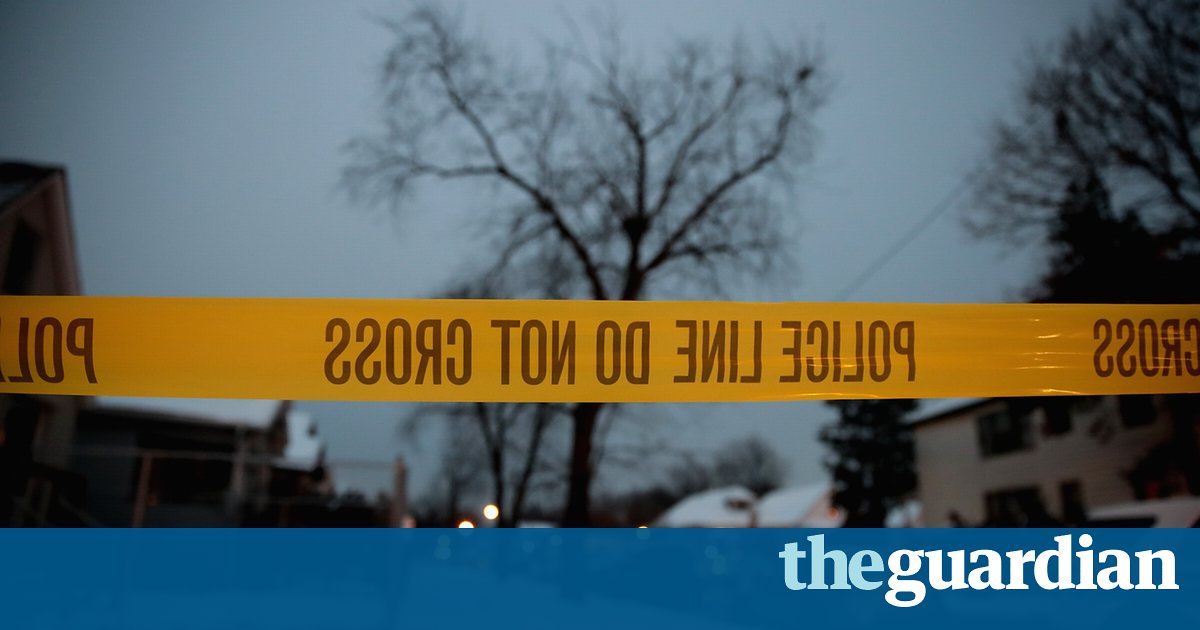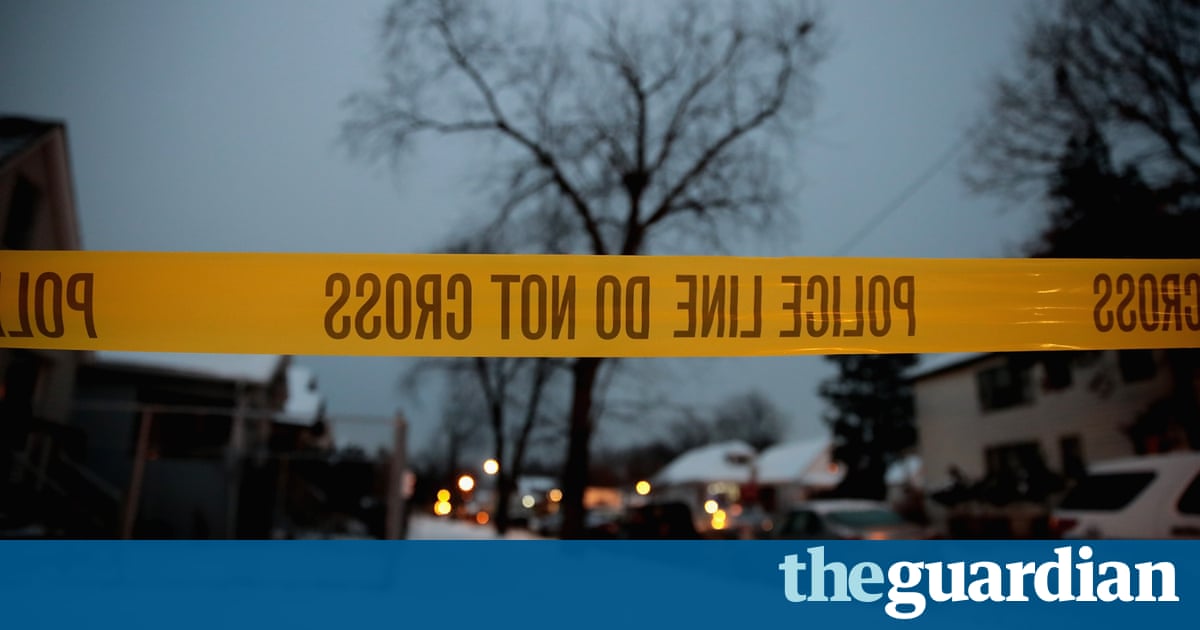Murder rate expected to rise in largest US cities but spike is unevenly felt

New Brennan Center analysis shows second straight year of murder increases in 30 cities, but national murder rate is still much lower than in the 1990s

Driven by a historic spike in Chicago murders, the murder rate in the nations 30 largest cities is expected to increase another 14% in 2016, according to a new analysis from the Brennan Center.
The findings reflect a second straight year of murder increases in these 30 cities. Brennan Center data also found a 14% increase last year in these cities. And FBI data from 2015 found that the murder rate across the country spiked 10.8% in 2015 the largest single-year percentage jump since 1971.
Concerns about a national crime wave are still premature, but these trends suggest a need to understand how and why murder is increasing in some cities, the authors wrote in Tuesdays analysis.
But these increases follow years of declining murder numbers, leaving the nations murder rate much lower than it was in the early 1990s.
The overall 2016 crime rate, which includes property crime and violent crime, remained nearly unchanged compared with last year, the Brennan Center report concluded.
The Brennan Center, a policy institute out of New York Universitys law school, published a report on Tuesday analyzing preliminary crime data from 2016 and comparing it with last years numbers in the countrys 30 largest cities. Tuesdays report, an update from an earlier report in September using more recent data, largely reinforced the centers initial projections: that although overall crime and violent crime havent changed significantly from 2015, homicide numbers have changed noticeably, driven by increases in just a few cities.
A jump in Chicago alone accounts for 43.7% of the overall increase, according to the report. The analysis used crime data updated through 19 December.
In 2015, nearly 470 people were murdered in Chicago, and the Brennan Center predicts that 732 people will be murdered by the end of this year.
In its report from September, Brennan Center experts identified Chicago as an outlier: No other large city is expected to see a comparable increase in violence. The causes are still unclear, but some theories include higher concentrations of poverty, increased gang activity, and fewer police officers, they wrote in September.
Still, the reports authors emphasized that overall crime remains low by historical standards. Last years dramatic uptick only pushed the estimated total number of murders back up to 15,696, about the same number the nation saw in 2009, and much lower than figures in the early 1990s..
The overall crime rate is expected to increase 0.3% in 2016, and the violent crime rate to increase by 3.3%, researchers projected.
Ames Grawert, one of the reports authors,explained that, year-to-year, a change of several percentage points in homicide increases is not unusual for a city, and cautioned against overgeneralizing about the increases concentrated in a small number of cities.
Whenever you heard Donald Trump talk about inner cities getting more dangerous thats just not true, Grawert said. Its tempting to take a city experiencing a real problem like Chicago and generalize it to the nation as a whole to scare people, but thats not very fair.
During the campaign, the president-elect labeled himself the law and order candidate, touting support from several controversial law-enforcement officers.
Violent crime in cities like Baltimore, Chicago and many others is out of control, Trumps campaign team wrote in his second amendment policy briefing.
The Brennan Centers projections show that Baltimores homicide numbers are actually expected to fall by 6.1% in 2016. Trump has also incorrectly stated that, in New York City, murders are up, which he insisted during a back-and-forth with Hillary Clinton at a debate. More than 2,000 people were murdered a year in New York City during the early 1990s; 352 people were killed last year. The Brennan Center projected that number would fall further, to 336, by the end of this year.
Data from several of the countrys largest cities, including Phoenix, was not made available to the Brennan Center in time for its analysis.
With reporting by Lois Beckett.
Read more: https://www.theguardian.com/us-news/2016/dec/20/murder-rate-chicago-brennan-center